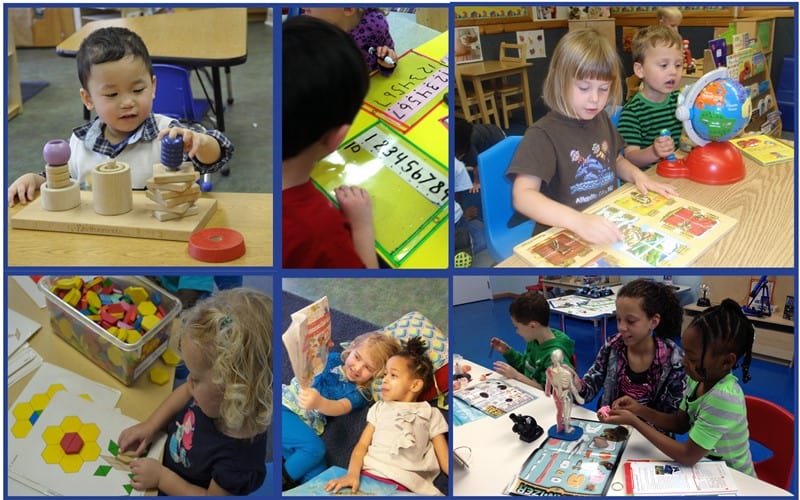However, as much as we know guidance and discipline are important to our children, there are instances when we may actually be doing it improperly. Here are some examples below to be aware of:
- Yelling at them – Yelling happens, but of course it is not ideal as it can cause our children to fear us. Yelling can convey to our children that we are not listening to their frustrations and encourage shouting as a way to enforce will versus talking through things. As a result, kids can actually become
more rebellious. Talking through why you are upset, or why a behavior is bad helps to teach cause-and-effect and reasoning skills. - Nagging – Do you want to repeat yourself over and over again? Do you love hearing someone repeat themselves over and over again? Neither do your children. Nagging will only frustrate you and encourage your children to tune you out. Creating a system of warnings and results if your requests are not met is another great way of teaching cause-and-effect to your children. For example, “If Mommy has to ask you to do something 3 times, X will happen because you did not listen.”
- Giving in instantly – What’s the use of setting rules only to bend them? Kids learn pretty quickly how we work, and can get very good at outsmarting us! If you always give in to them whenever they whine or cry. There is really no point of putting effort into discipline. Your children will only find a way to break the rules. Hold fast, even when the crocodile tears start to well up.
- Expecting a lot from your children – Kids will be kids and since they only know and experience a little, they will stumble along the way. Expecting too much from them will only discourage them and can make them overly cautious and guarded for fear of disappointing you. Be realistic and understand the limitations of your children. Work with them to encourage them – and of course, reward positive behavior when it occurs, and tell them why.
- Becoming inconsistent – Are you allowing them to slide once in a while? It may seem “kind” for parents to let the kids slide from time to time, but doing so will only make them realize that it is okay to make mistakes or not follow the rules if they feel they can get a mulligan.
- Being negative – Excessive negativity can have a powerful impact on the development of your child. Be mindful of the words you use. Instead of focusing on negative reinforcement for bad behavior, use positive reinforcement for good behavior. Kids love praise from their parents – just be sure to explain the ‘why’ as children are inquisitive by nature while they work on figuring out how the world around them works.







